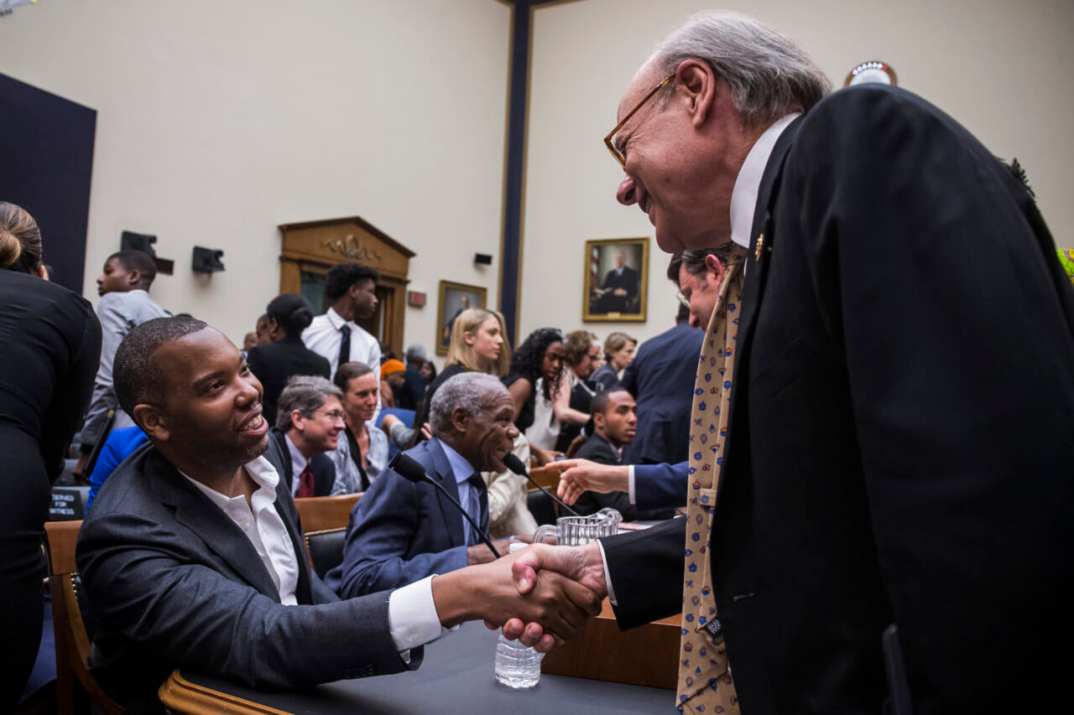Reparations bill gains traction amid national protests
The death of George Floyd has helped to reignite the discussion about reparations.

The case for reparations for descendants of slaves has long been debated, but the H.R. 40 bill may finally make reparations a reality.
H.R. 40, if passed, would study what the federal government owes the descendants of slaves, and explore ways to repay that debt.
The Black Lives Matter movement and calls for racial equality have pushed the bill, which was introduced in January of 2019, into the limelight once more.
The death of George Floyd has helped to reignite the discussion. As you may remember, Floyd was killed in May when a group of officers in Minneapolis, Minnesota, held him down, while another kneeled on his neck for nearly 9 minutes.
Not too long afterwards, the California Assembly passed a bill to establish a task force to determine reparation proposals for African Americans. This California bill was similar to the federal bill H.R. 40, and this renewed conversation ignited calls for the federal mandate to be passed.
Rep. Sheila Jackson Lee (D) Texas sponsored bill H.R. 40, also known as the Commission to Study and Develop Reparation Proposals for African Americans Act.
READ MORE: Rectifying HR 40: The prelude to Black reparations in the 21st century
Last week, the Congressional Black Caucus met to discuss the bill and what it can mean moving forward.
“There is no better time for H.R. 40 to be part of the national dialogue, and part of the national legislative response,” Rep. Jackson Lee said.
The “40” is a reference to the 40 acres of land promised, but never fully delivered, to former slaves by Union Army general, William Sherman, in 1865. Sherman’s promise was not fulfilled by President Andrew Johnson or by President Abraham Lincoln’s successor.
Have you subscribed to theGrio’s new podcast “Dear Culture”? Download our newest episodes now!
